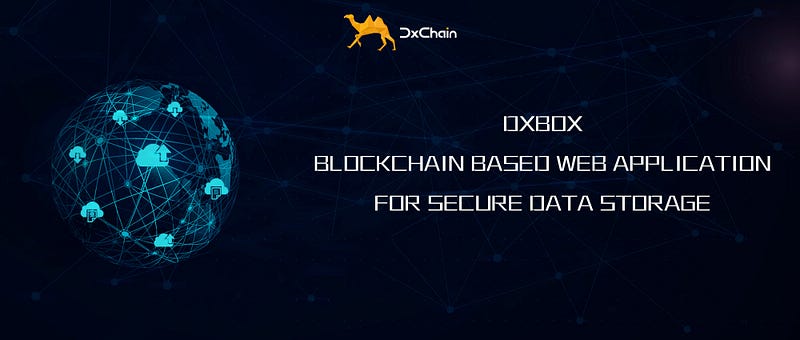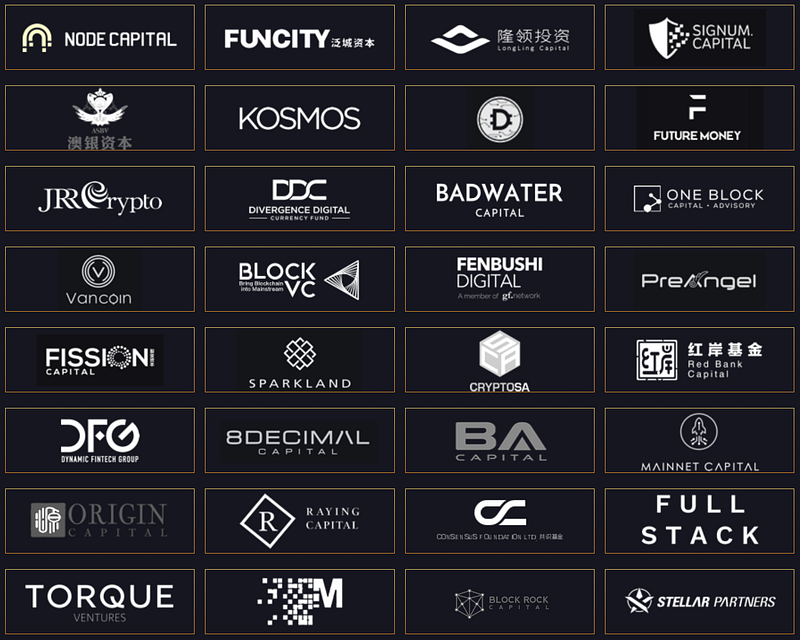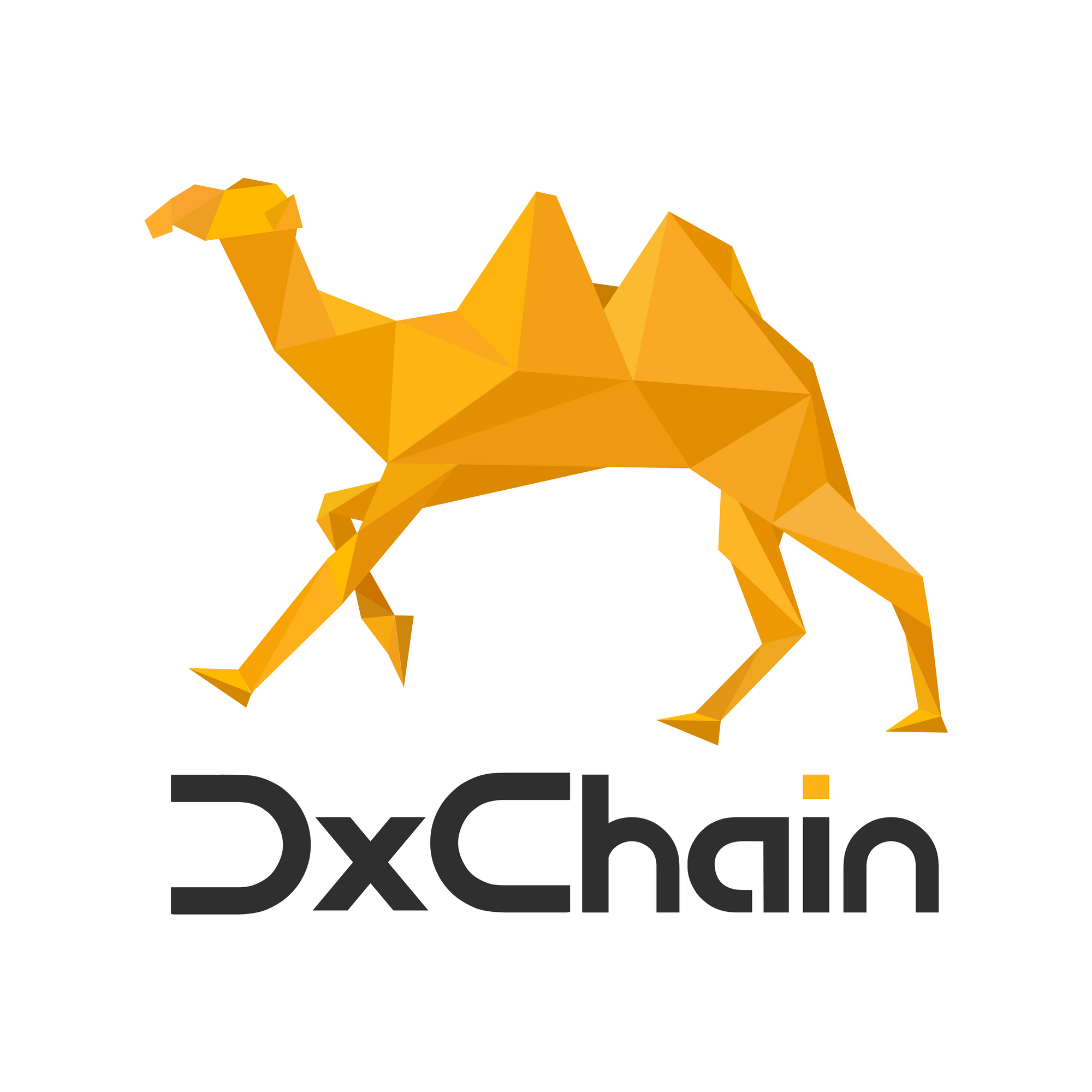
Services offering decentralized data storage (cooperative storage cloud) are gaining popularity. This is still a young market that has only the initial outlines, but large corporations such as Google have already become interested in it. Some media have reported that Alphabet Inc is not only working on its own variation of the blockchain, but is also developing a number of cloud solutions based on it. Thus, the search giant intends to strengthen its position in the market and increase its competitive advantages.
The cloud storage market has significant development potential. The forecasts of marketing, consulting and research groups are vary. Some believe that the industry’s turnover could grow to $ 74.94 billion by 2021 and to $ 92.49 billion by 2022. Forrester Research specialists calculated that the global cloud technology market in 2016 amounted to $ 112 billion and could grow another 10–15 times in the next five to seven years. The another American research company Gartner presented its own analytical view on the development of the public cloud market. In their opinion, the total market volume will be $ 383.36 billion by 2020.

Adoption
Decentralized storage, transfer and exchange of files implies encryption and a noticeable, several-fold, reduction in prices for the end user. Given that the majority of Internet consumers are in developing countries, this factor is significant. In addition, distributed storage provides an opportunity to earn money for “miners”. A wide range of network participants involved in the creation of new blocks in order to verify transactions. Currently, for most young projects, mining is more individual, as it was at one time on the Bitcoin network. As we know, as the development and the emergence of serious cash flows, mining of the first cryptocurrency came to the monopoly of large manufacturers of ASIC chips. Obviously, the same fate awaits decentralized data warehouses and data centers. As demand increases, professional companies providing hosting services will begin to enter this sector.

Among the risks associated with the use of decentralized storages, the security and safety of data have traditionally been indicated. Today, this issue is technologically resolved: the files uploaded by the user are divided into parts and encrypted. As a result, each network node has only a piece of content. A list of all parts of the file is stored in the blockchain, only the owner of the private key has access to it. Data safety is ensured by the decentralized nature of the network. Even if a part of the network fails or is blocked, user files will remain available. Options for settlements with node hosters are solved by implementation of its own token, with the help of which payments are made in the network. This is how decentralized cloud storage DxBox powered by DxChain blockchain for example works.
However, issues remain related to the further development of cloud storage. What will contribute to the promotion of new technology to the masses of the consumer sector and business applications? Are there guarantees for steadily growing cash flows? What can attract professional hosting companies with productive equipment, high bandwidth and access speed to participate in the cooperative storage cloud? And on what principles is it possible to combine existing and new project participants?

To a certain extent, the answer to this range of questions can be decentralized platforms that can unite the interests of customers and professional hosters for joint projects. Thanks to smart contracts, transactions and settlements on various platforms will occur without the participation of intermediaries and “proxies”. Payment within the network can be carried out with a single token, which will allow to maintain low volatility and a stable rate. Amazon Technologies (a subsidiary of Amazon e-commerce giant) has already received a patent that allows users to track cryptocurrency transaction data in real time. The influx of institutional money into projects related to the creation of decentralized vaults is predicted by Ari Paul, director of the BlockTower Capital cryptocurrency hedge fund. Paul, who served as portfolio manager at the University of Chicago hedge fund until BlockTower was founded, explained that institutions are interested in investing in breakthrough blockchain technologies, but not one of them has yet decided to become the first. On the DxChain website in the investors section you can easily find a imposing list of large funds.

Returning to the topic of formatting the idea of data decentralization, it should be noted the potential demand for a marketplace with open access and transparency. The model is noteworthy in that it combines the functions of an aggregator of hosting providers and a digital “store” for customers.
Top secret
How can decentralized storage services be interesting and useful for business? First of all, the security provided by deep encryption.
Respect for confidentiality and trade secrets often becomes a key factor in preserving assets. For example, when transfer of commercial documents is necessary. Due to the increasing attacks of hackers, the use of email has discredited itself. The probability of interception and substitution of files encrypted by the blockchain algorithms is extremely low.
Another “pain” for business is the anonymity and preservation of copyrights when transferring text, photo and video content from an artist to a customer. Deep encryption and breaking the file into parts, as decentralized repositories do, can solve the problem. A practical example is the case for transferring a film for its distribution. A full-length film is divided into dozens and even hundreds of parts, each of which is encrypted on the client side and uploaded to the servers of various node-hosts. Only the owner of the private key can assemble a complete file. Cinemas download the encrypted file, and the key is given only before the very start of the premiere show.

A promising direction in the work of decentralized systems is the distribution of copyright content, although its existence in the future can be debated. Such a marketplace can, through its own payment system, provide opportunities for direct distribution and sale of various popular content formats: audio and video recordings, books, magazines, training courses and so on.
Thus, the potential of cloud storage will be largely stimulated by a platform solution of the “aggregator” type. Market development has reached its saturation: variety of objects and entities, which needs a technological “assembly point” to move to a new qualitative level. Of course, this will have to solve a number of technological and marketing issues. And we have the DxChain project is developing its own open source blockchain essentially aimed at creating a huge platform, market place, both for storing and processing data using the latest developments of artificial intelligence. A huge abyss of opportunities opens up when you look at these promising areas.
For more information, please visit:
